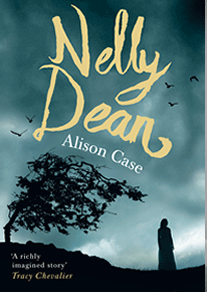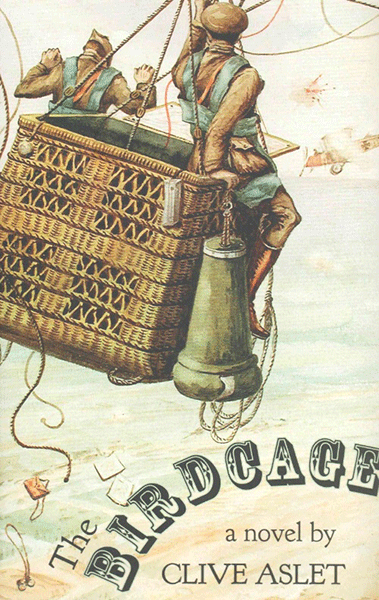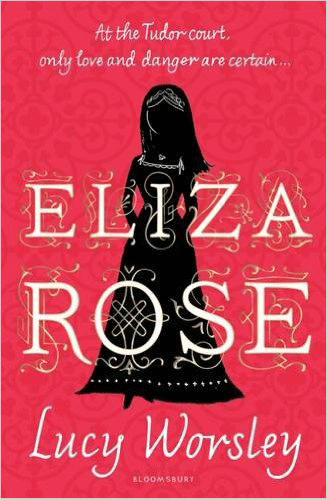May is a month of public holidays, providing not one but two breaks, nicely spaced; what larks. In theory, as it’s late spring, we should plan to be outside, gardening or enjoying a brisk walk; however, in Britain there is every chance that the beautiful weather will melt away at the hint of time off.
That being the case, you would be well advised to stock up on your reading and lay in extra tea bags and cup-a-soup to make the most of your well-deserved rest. Naturally, we have a few new things in the bookshop that might help the time to pass more pleasantly.

Jacket picture for Nelly Dean
If you are in the frame of mind for fiction, consider the novel Nelly Dean. This is Wuthering Heights retold from the perspective of the servants’ hall (think Jo Baker’s Longbourn, a similar take on Pride and Prejudice). Those blasted moors and whistling winds could mesh nicely with the bank holiday climatic conditions – or provide a glorious counterpoint if it is fabulously sunny and you can spend the long weekend on the lounger in the garden.
Alison Case is a professor in Victorian Studies in Massachusetts so her period detail is spot on. Bronte’s classic was tragedy and melodrama, passion and thwarted desire; imagine if you had all that and had to get up at 06:00 to black lead the grate, and couldn’t wander pensively over the moors lest you lost your place and starved to death. It is always good to know how the other half lived, something the Earnshaws might have thought about as they raged and suffered and then rang for tea.
As always with these things, it will be better if you have read Wuthering Heights or at least watched a movie version. But even if you don’t know the story already, you will still enjoy Nelly Dean. And if you are a fast reader with a limited social life (I speak from personal experience) then make one of the May breaks a Wuthering Weekend and polish off both.

Jacket picture for The Birdcage
If that is too much bodice ripping for you try The Birdcage instead, Clive Aslet’s novel set in Salonika in 1916. Did you like Casablanca? Then you will love The Birdcage.
Be careful when buying, as there is more than one novel called the Birdcage (I’ve not read the Monica Willet so this is no criticism – it could well be a serendipitous wee find). Do try to make sure you get the Aslet. A whiff of Evelyn Waugh, a hint of The Wipers Times: this is a hugely entertaining adventure yarn, full of stiff-upper-lip proud-to-be-British sentiment. It takes you out of the mud of the trenches for a look at another aspect of the Great War, one with balloons, Wolseley motor cars and lurking U-boats. Not so real, perhaps, but tremendous fun. We don’t have to be serious all the time.
Another interesting perspective on the First World War is provided in Margot Asquith’s Great War Diary. I have written before of my delight in reading diaries and this is outstanding. Partial, prejudiced, supremely confident but often wrong (of Churchill she wrote ‘I see no political future for him’), Margot is in the right place, as wife of the Prime Minister, to offer a unique close-up view of people and events during exceedingly interesting times. The very fact of it being a diary makes it personal and entertaining. It is pure written gossip. You have to love a book where the entry on the end of the Asquith administration begins:
‘Henry came in on Monday night. I was sitting swamped up to my ears in the biggest bath in London’
There is a lot of reported conversation and these unguarded voices echo down the years, making the past come alive.

Jacket picture for Eliza Rose
Finally it is worth having a look at Lucy Worsley’s entertaining first novel Eliza Rose, a book written for children (although given the themes young adults would probably be a more accurate audience rating). Lucy writes the story from the perspective of the ficticious Eliza Rose, a cousin and companion to Katherine Howard. It’s an easy-to-read romantic romp through the court of an ageing Henry VIII, written by a woman who knows all the hidden passages in Hampton Court. The romantic ending is probably more a reflection of the dreams of the target audience than the reality offered to Tudor girls at the time.